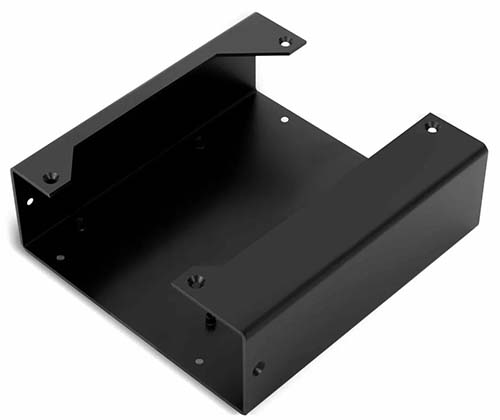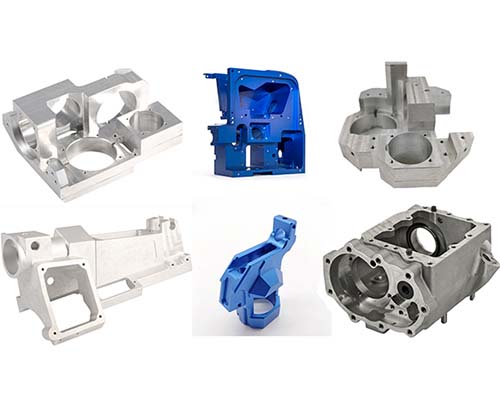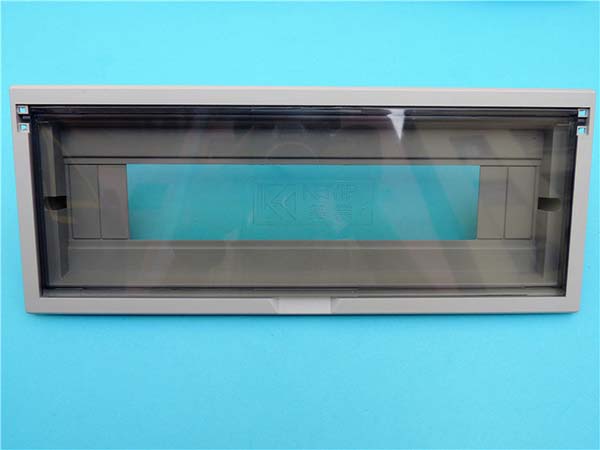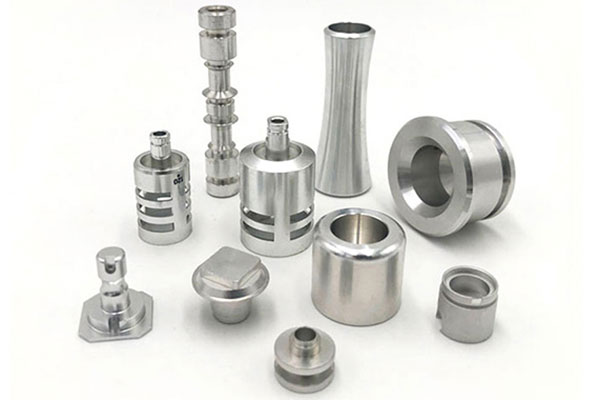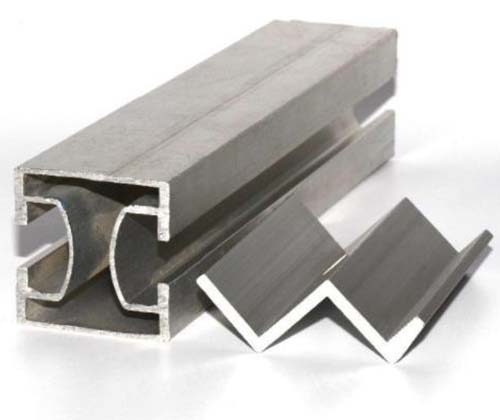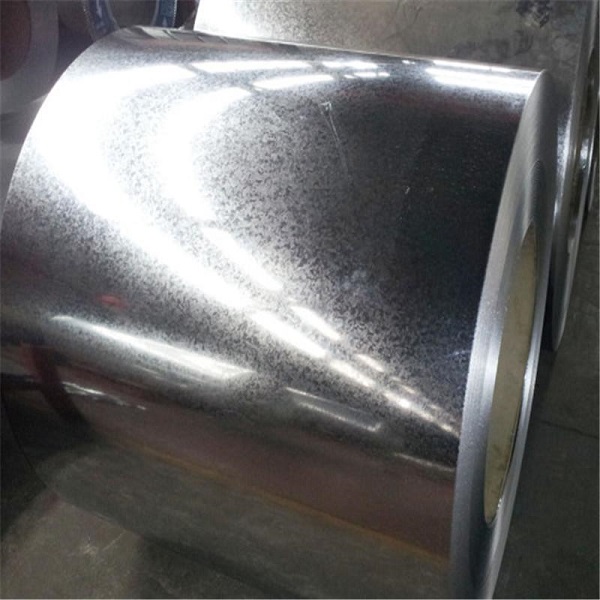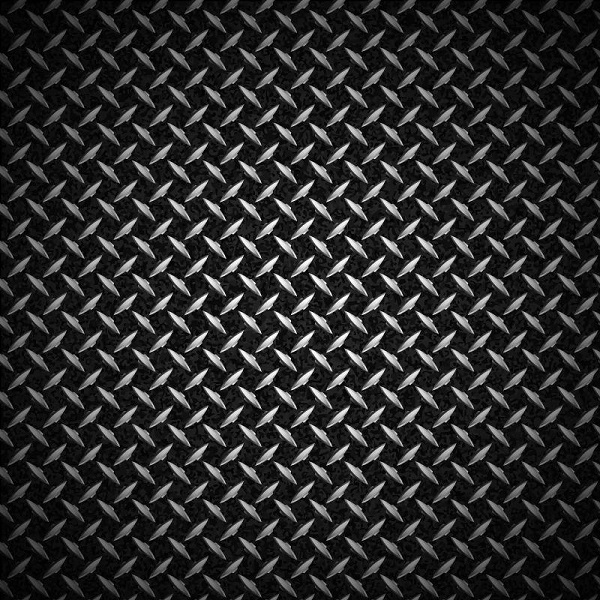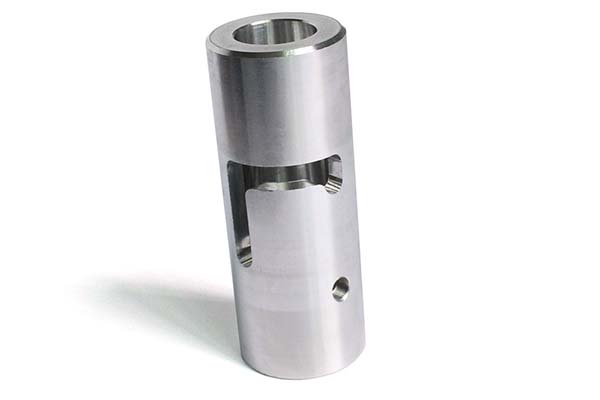Understanding Sheet Metal Basics
What exactly is sheet metal? In the simplest terms, sheet metal refers to thin, flat pieces of metal that are widely used across various industries. It is produced by rolling molten metal into thin sheets through a series of manufacturing processes. The thickness of sheet metal can vary significantly, typically ranging from a fraction of a millimeter to several millimeters, with the dividing line between sheet and plate often considered to be around 6mm - 10mm, depending on the industry and context.
Common Types of Sheet Metal
- Stainless Steel Sheet Metal: Stainless steel is renowned for its exceptional corrosion resistance, high strength, and durability. These properties make it a popular choice in applications where hygiene and resistance to environmental factors are crucial. For example, in the food and beverage industry, stainless - steel sheet metal is used to fabricate equipment such as food processing machinery, storage tanks, and conveyor belts. In the medical field, it is used in surgical instruments, hospital furniture, and medical equipment housings. Its resistance to rust and staining ensures a long - lasting and hygienic solution.
- Aluminum Sheet Metal: Aluminum sheet metal is lightweight, yet it offers good strength - to - weight ratio. It is highly malleable, which means it can be easily formed into various shapes. This makes it an ideal choice for the aerospace industry, where weight reduction is critical for fuel efficiency. Aircraft bodies, wings, and interior components often utilize aluminum sheet metal. Additionally, in the automotive industry, aluminum sheet metal is increasingly being used to reduce vehicle weight, improve fuel economy, and enhance performance. It is also popular in architectural applications for facades, roofing, and window frames due to its corrosion resistance and aesthetic appeal.
- Carbon Steel Sheet Metal: Carbon steel is one of the most widely used types of sheet metal. It is relatively inexpensive and offers good strength. Low - carbon steel, for instance, is commonly used in the manufacturing of everyday items like appliances, metal furniture, and automotive body panels. High - carbon steel, on the other hand, is used in applications that require greater hardness and wear resistance, such as cutting tools and springs. However, carbon steel is more prone to rust compared to stainless steel, so it often requires additional protective coatings like paint or galvanization.
Applications of Sheet Metal
Sheet metal's versatility leads to its extensive use in multiple industries:
- Construction: In construction, sheet metal is used for roofing, siding, and flashing. Metal roofing sheets, such as those made of steel or aluminum, offer durability, weather resistance, and a long lifespan. They can withstand harsh environmental conditions, including heavy rain, snow, and strong winds. Sheet metal siding provides an attractive and low - maintenance exterior finish for buildings. Flashing, made from sheet metal, is used to prevent water penetration around roof joints, windows, and doors.
- Automotive Manufacturing: In the automotive industry, sheet metal is the primary material for car bodies. It is shaped into various components like doors, hoods, fenders, and roofs. The stamping process is commonly used to form complex shapes from sheet metal, allowing for mass production of high - quality automotive parts. The use of lightweight sheet metal, such as aluminum, also contributes to fuel efficiency and better handling of vehicles.
- Electronics: In the electronics industry, sheet metal is used to make enclosures for electronic devices. These enclosures protect sensitive internal components from physical damage, electromagnetic interference (EMI), and environmental factors. For example, computer cases, server racks, and mobile phone casings often utilize sheet metal due to its strength, formability, and ability to shield against EMI.
How to Search for Sheet Metal Near Me
Finding reliable sheet metal suppliers close to your location can significantly reduce shipping costs and lead times. Here are several effective ways to locate sheet metal near you.
Online Search Engines
The most straightforward way to start your search is by using online search engines like Google, Bing, or Yahoo. When using these search engines, precision in your keywords is crucial. Instead of just typing "sheet metal", use more specific terms such as "sheet metal suppliers near [your city or zip code]" or "custom sheet metal fabrication near me". This will help the search engine provide more relevant results.
Once you get the search results, pay attention to the map results section. Many local businesses are marked on the map, along with their contact information, customer reviews, and sometimes even photos of their facilities. For example, if you search in a major city like New York, you might see a cluster of sheet metal suppliers in different boroughs. Click on the map pins to access more details about each business.
Another important aspect is evaluating customer reviews. Reviews can give you insights into the quality of products, the level of customer service, and the overall reliability of the supplier. A high - rated supplier with numerous positive reviews is more likely to meet your needs. Look for common themes in the reviews, such as on - time delivery, accurate product specifications, and helpful staff.
Business Directories
Business directories are another valuable resource. Yellow Pages is a well - known directory that lists businesses by category and location. You can look up "Sheet Metal" in the Yellow Pages directory for your area. It will provide you with a list of local suppliers, their addresses, phone numbers, and sometimes a brief description of their services.
There are also industry - specific directories that focus on the metalworking or manufacturing industries. For instance, Thomasnet is a popular directory in the United States that lists thousands of industrial suppliers, including those for sheet metal. These directories often allow you to filter results by location, product type, and other criteria, making it easier to find exactly what you need.
Ask for Recommendations
Don't underestimate the power of word - of - mouth. Reaching out to your peers in the industry can be extremely helpful. If you know other engineers, contractors, or manufacturers, ask them for recommendations on sheet metal suppliers they have worked with. They can share their first - hand experiences, both positive and negative, which can help you make an informed decision.
Industry associations can also be a great source of information. For example, the Fabricators & Manufacturers Association (FMA) in the metalworking industry may have a directory of its members or be able to provide referrals to reliable sheet metal suppliers. Additionally, online community forums related to metalworking, manufacturing, or your specific industry can be a goldmine of information. Post a question asking for recommendations on sheet metal suppliers near your location, and you may receive responses from industry professionals with valuable insights.
Evaluating Sheet Metal Suppliers
Once you have a list of potential sheet metal suppliers near you, the next step is to evaluate them to ensure they can meet your specific requirements. Here are some key aspects to consider:
Quality of Products
- Certifications: Look for suppliers who have relevant certifications. For example, ISO 9001 certification indicates that the supplier has a quality management system in place. This means they follow standardized processes for design, production, and quality control. A supplier with ISO 14001 certification is committed to environmental management, which can be important if you are concerned about the environmental impact of the manufacturing process.
- Sample Testing: Request samples from the suppliers. Examine the samples carefully for any defects such as scratches, dents, or uneven surfaces. You can also perform some basic tests if possible, like checking the hardness of the sheet metal using a hardness tester if it's relevant to your application. For instance, if you need sheet metal for a high - stress mechanical component, the hardness of the material is crucial.
- Material Sourcing: Inquire about the source of their raw materials. Reputable suppliers usually source from reliable mills. For example, if it's stainless - steel sheet metal, knowing that it comes from a well - known mill like ThyssenKrupp or ArcelorMittal can give you more confidence in the quality. High - quality raw materials are the foundation for high - quality sheet metal products.
Services Offered
- Processing Services: A good sheet metal supplier should offer a range of processing services. This includes cutting, which can be done using methods like laser cutting for high - precision cuts, or shearing for straight cuts. 成型 (Forming) services such as bending, rolling, and stamping allow the sheet metal to be shaped into various forms. Welding services are also essential if you need to join different pieces of sheet metal together. Additionally, surface treatment services like powder coating, galvanizing, or anodizing can enhance the appearance and corrosion resistance of the sheet metal.
- Design Support: Some suppliers offer design support. If you have a complex project and need help with the design of the sheet - metal components, a supplier with in - house design engineers can be a great advantage. They can use computer - aided design (CAD) software to create detailed designs and provide valuable insights on manufacturability, suggesting design modifications to reduce costs or improve performance.
- After - Sales Support: Reliable after - sales support is important. The supplier should be responsive to any issues you may have after the purchase, such as providing replacement parts if there are defects, or offering technical advice on installation and maintenance.
Pricing
- Factors Affecting Pricing: The price of sheet metal is influenced by several factors. Material cost is a major factor; for example, stainless - steel sheet metal is generally more expensive than carbon - steel sheet metal due to the higher cost of raw materials and the more complex production process. Processing complexity also plays a role. Components that require intricate cutting, multiple bends, or precise welding will be more costly. Order quantity can significantly impact the price. Suppliers often offer discounts for larger orders, as it allows them to achieve economies of scale.
- Price Comparison: When comparing prices, don't just look at the unit price. Consider the overall cost, including any additional services, shipping fees, and potential discounts. Get detailed quotes from multiple suppliers, specifying all your requirements clearly. For example, if you need a certain type of surface treatment, make sure it's included in the quote. Also, ask about any hidden costs that may arise during the production process.
Reputation and Reviews
- Importance of Reputation: A supplier's reputation can tell you a lot about their reliability and the quality of their products and services. A long - established supplier with a good reputation in the industry is more likely to have a track record of delivering high - quality products on time.
- Checking Reviews: Read online reviews on platforms like Google Reviews, Yelp, or industry - specific review sites. Look for patterns in the reviews. Positive reviews that mention consistent quality, good communication, and on - time delivery are good signs. However, be cautious of fake reviews. Check for detailed and specific feedback. If a review only says "Great supplier" without any details, it may be less reliable. Also, consider reaching out to other customers directly if possible to get their first - hand experiences.
Yigu Technology's Perspective
As a non - standard plastic metal products custom supplier, Yigu Technology understands the significance of finding the right sheet metal suppliers nearby. Quality control is at the core of our operations, and we recommend that customers prioritize suppliers with strict quality management systems. A reliable supplier should be able to provide detailed quality inspection reports and adhere to international quality standards.
Customization is another crucial factor. At Yigu Technology, we pride ourselves on our ability to meet unique customer requirements, and we believe that sheet metal suppliers should offer the same level of flexibility. Whether it's complex shapes, special materials, or specific surface treatments, the supplier should have the expertise and equipment to handle custom orders efficiently.
Building long - term relationships with suppliers is also beneficial. A long - term partnership allows for better communication, more stable pricing, and improved service. Over time, both parties can understand each other's processes and requirements more deeply, leading to smoother operations and higher - quality products.
FAQ
What types of sheet metal are commonly available?
Common types of sheet metal include stainless steel, which offers excellent corrosion resistance and is used in food and medical industries. Aluminum sheet metal is lightweight and malleable, popular in aerospace and automotive sectors. Carbon steel sheet metal is widely used, being relatively inexpensive, with low - carbon steel for everyday items and high - carbon steel for applications needing hardness.
How can I ensure the quality of sheet metal products?
To ensure quality, check if the supplier has relevant certifications like ISO 9001. Request samples and examine them for defects or perform basic tests if possible. Inquire about the source of raw materials; reliable mills usually supply high - quality materials.
What factors should I consider when comparing sheet metal prices?
When comparing prices, consider material cost, as different metals have different costs. Processing complexity matters; intricate cuts or multiple bends increase costs. Order quantity can also affect the price, with larger orders often getting discounts. Don't forget to factor in shipping costs and any additional services you might need.
